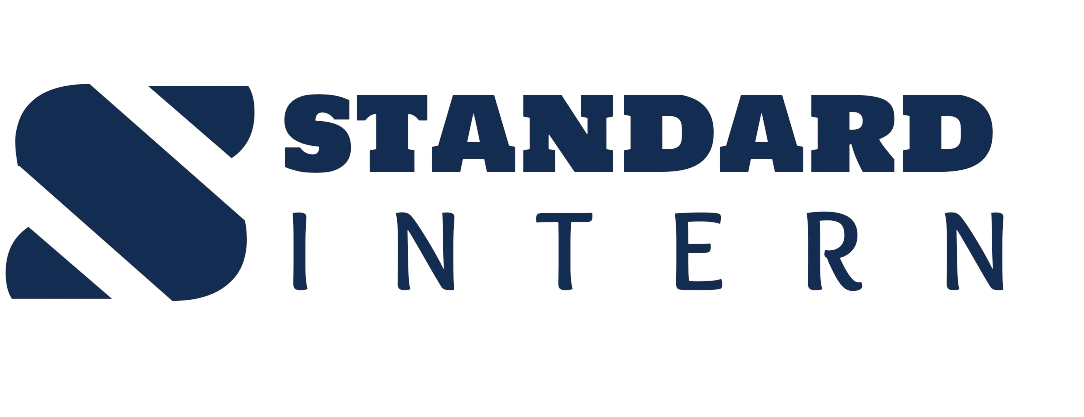
The Future of Work: Redefining Roles and Responsibilities in the AI Era
As Artificial Intelligence (AI) continues to transform industries and reshape the business landscape, the future of work is undergoing a profound evolution. From automation and augmentation to new modes of collaboration and innovation, the rise of AI is redefining traditional roles and responsibilities in the workplace. In this blog, we explore the implications of the AI era on the future of work.
Automation and Augmentation: At the heart of the AI revolution is the automation of routine tasks and the augmentation of human capabilities. While AI-powered technologies automate repetitive and mundane tasks, such as data entry and customer support, they also augment human capabilities by providing valuable insights, decision support, and personalized recommendations that enhance productivity and efficiency across various job roles and functions.
Upskilling and Reskilling: As AI automates routine tasks, it also creates new opportunities for workers to upskill and reskill in areas that require human judgment, creativity, and emotional intelligence. Organizations must invest in training and development programs to equip their workforce with the skills and competencies needed to thrive in the AI era, whether it's data analysis, critical thinking, problem-solving, or interpersonal communication.
Shift in Job Roles and Skill Requirements: The rise of AI is reshaping job roles and skill requirements across industries and sectors. While some job roles may become obsolete or undergo significant changes due to automation, new roles are emerging that require expertise in AI-related technologies, such as machine learning, natural language processing, and robotics. Workers must adapt to these changes by acquiring new skills, embracing lifelong learning, and staying agile and adaptable in the face of technological disruption.
Remote Work and Digital Collaboration: AI is also enabling new modes of work and collaboration, particularly in the realm of remote work and digital collaboration. With AI-powered collaboration tools and platforms, workers can collaborate seamlessly across geographic boundaries, time zones, and organizational silos, fostering greater flexibility, agility, and inclusivity in the workplace. As remote work becomes increasingly prevalent, organizations must invest in technologies and policies that support remote collaboration and communication while ensuring the well-being and productivity of their remote workforce.
Ethical and Societal Considerations: As AI reshapes the future of work, it also raises important ethical and societal considerations that must be addressed. These include concerns about job displacement and inequality, data privacy and security, algorithmic bias and fairness, and the ethical implications of AI-driven decision-making. Organizations, policymakers, and society as a whole must work together to ensure that the benefits of AI are distributed equitably and that AI technologies are deployed responsibly and ethically to create a more inclusive, sustainable, and human-centered future of work.
Conclusion: In conclusion, the AI era is redefining the future of work in profound and unprecedented ways, transforming job roles, skill requirements, and organizational structures across industries and sectors. While AI automation and augmentation present new opportunities for productivity and innovation, they also pose challenges that must be addressed through investments in upskilling and reskilling, remote work and digital collaboration, and ethical and societal considerations. By embracing the opportunities and challenges of the AI era, organizations and workers can navigate the complexities of technological disruption with resilience, agility, and foresight, shaping a future of work that is inclusive, equitable, and human-centered.

